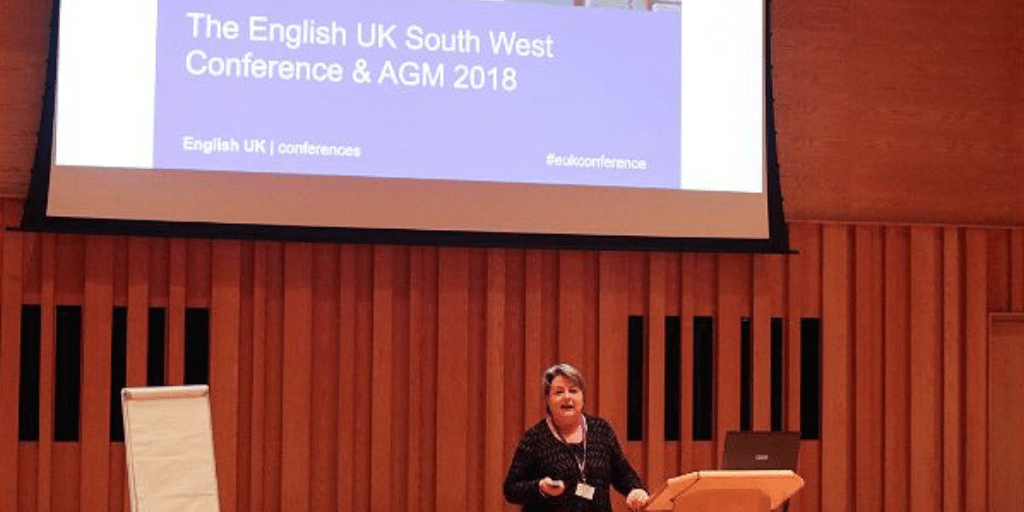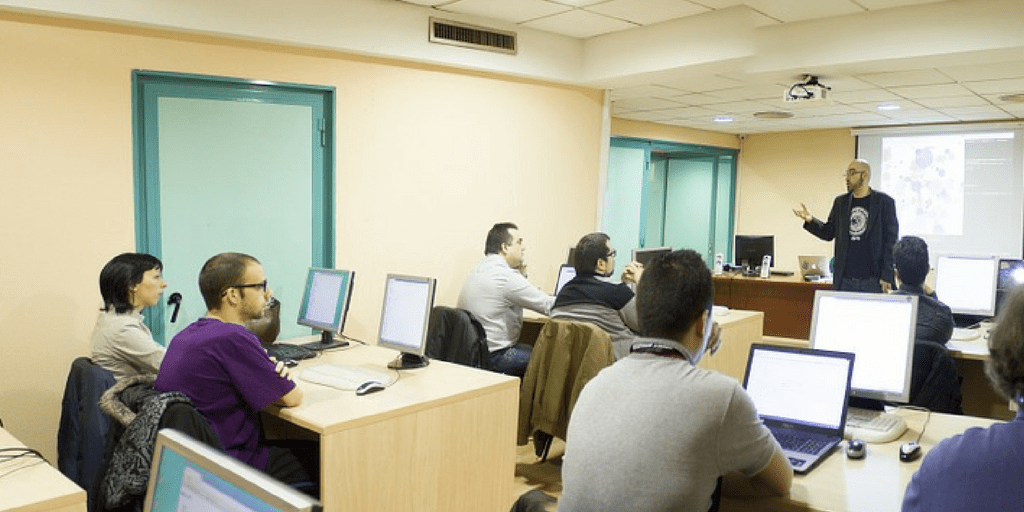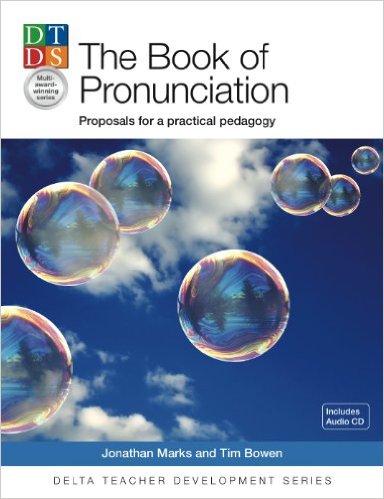Making the Most Out of Your Coursebooks

The role of coursebooks in EFL is a topic of some controversy. For many, language books form the backbone of their curriculums, and some EFL teachers have a strong loyalty […]
What Can Cinderella Tell us about the Role of Pronunciation in L2 Teaching?

By Vasiliki Lismani The well-known fairy tale of Cinderella with its adorable, yet miserable and unfortunate heroine has always been one of my favourites. In very few words, we have […]
Why Use the IPA in Class

By Steve Hirschhorn The International Phonetic Alphabet (IPA) is the result of work by 19th and early 20th century phoneticians such as Henry Sweet, Otto Jesperson and later Daniel Jones […]
My DELTA Diary: Module 2 Intensive Course

by Paul Finnerty I’ve been teaching English for about seven years on and off and have worked in Brazil, Colombia, Portugal and Italy in that time. To be honest, I […]
English UK South West Annual Conference

by Sue Fulford A last-minute decision to attend the English UK South West Conference was well worth the early morning defrosting of the car following the first severe frost of […]
How to Use Poems in EFL Teaching

By Tony Penston This is an example of how to use a popular poem to engage students and improve pronunciation using old-fashioned but effective drilling. Benefits and rationale Poems are […]
Talking Adults

In response to ‘Useful Thoughts on Teaching Adults’ – Applying these principles to my teaching context. By Paul Finnerty Just as I was about to sit down and embark on […]
The Recent History of Pronunciation Teaching in English Language Teaching

by Steve Hirschhorn In Europe, pronunciation teaching prior to the late 19th c relied largely on imitation along with approximations derived from spelling and so, unsurprisingly, little was written on […]
Book Review: The Book of Pronunciation

The Book of Pronunciation When I was first doing my CELTA course in Seoul, South Korea, I learnt lots of new techniques and ideas which I could use in my […]
